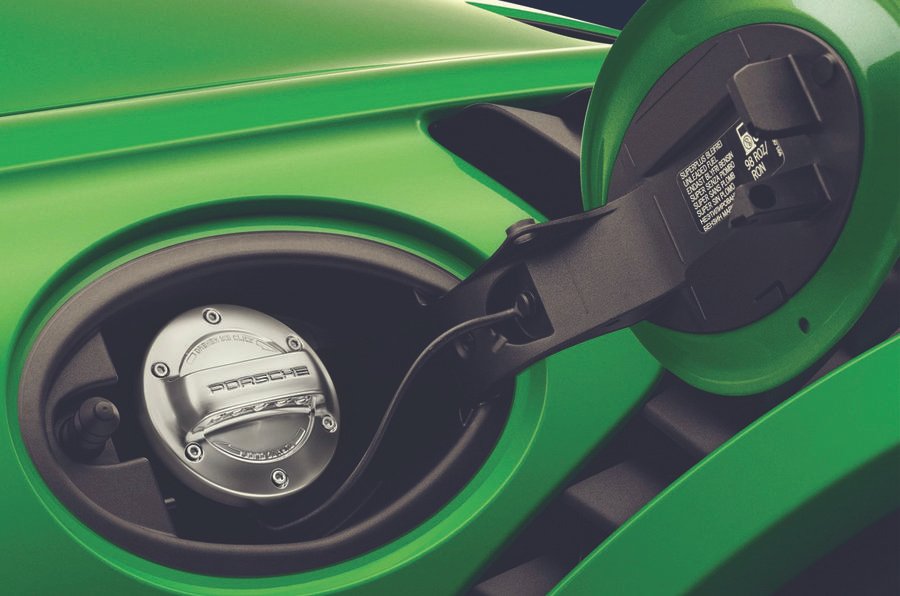Has the decision to abolish combustion engines come too soon? After all, the chemistry of synthetic fuels has been understood for almost as long as cars have existed, and has the potential to be a viable alternative to what we know and love today.
The electrification of cars meets the demands of ‘solving global warming’, but raises the question of whether the early decision to ditch internal combustion engines missed a trick. The world’s largest oil producers potentially stand to lose the most because alternatives could foreclose them.
While they may have control over the expertise and resources to drill and produce petroleum products, this does not apply to other energy sources. Yet they are well-placed to invest more in ‘drop-in’ carbon-neutral synthetic fuels, which can be distributed through existing fuel station sites without the need to build entirely new infrastructure.
Experts have said for years that the fastest way to reduce CO2 emissions from transportation is to switch to a sustainable, carbon-neutral, synthetic liquid fuel that existing vehicles can run on. ‘Drop-in’ means that, unlike petrol which is heavily dosed with ethanol, there may be few or no downsides. If the world’s vehicles could fill up tomorrow with fuel synthesized from organic materials, atmospheric CO2 from transportation fuel would virtually disappear overnight.
Which manufacturers use synthetic fuels?
The Volkswagen Group is one of the manufacturers that has been developing synthetic fuels for decades. Porsche is one of the latest to put its head above the ground with a racing project and now Mazda, which became the first automaker to join the eFuel Alliance in 2021, is interested.
Like Porsche, the company has taken to the track to help develop and promote the use of synthetic fuel. In Mazda’s case, a 1.5-liter Skyactiv-D diesel engine, instead of a gasoline engine, powered a race-prepared 2.
The Mazda runs on Susteo, a synthetic fuel supplied by partner Euglena, and the raw materials needed to make it are used cooking oil (90%), with oil and fat extracted from the microalgae called euglena making up the rest. Using vegetable oil does not mean vehicles driving around that smell like a fish and chip shop. It is simply a source of sustainable, waste biomaterial that can be converted into synthetic gasoline or diesel.
It is carbon neutral because the plants that produced it absorbed CO2 from the atmosphere as they grew. However, the goal is to move completely towards algae as a source. It can be grown on land unsuitable for agriculture and does not compete with food production.
Can synthetic fuel replace fossil fuels on a global scale?
It would take a lot to replace global oil consumption. Road transport consumes around 1.3 billion liters of petrol and diesel per day worldwide, but that said the figure for vegetable oil is around 140 billion litres. In this way, the idea of producing enough guilt-free liquid fuel from algae to power existing combustion engines doesn’t seem so far-fetched.

